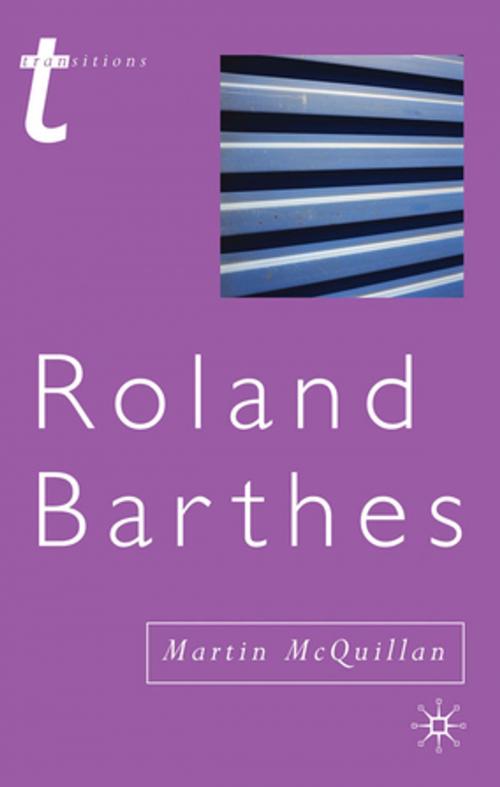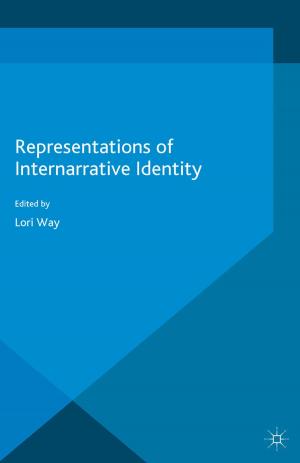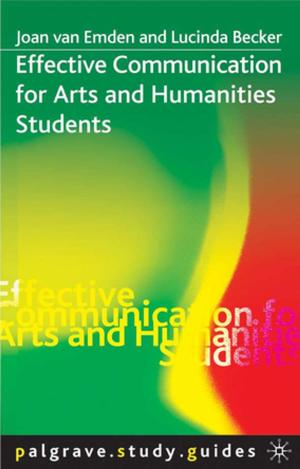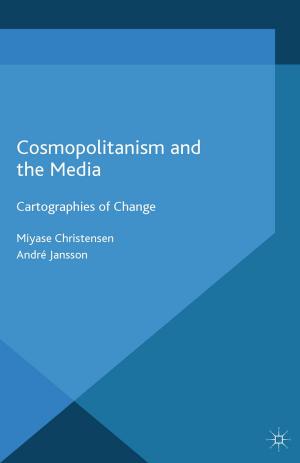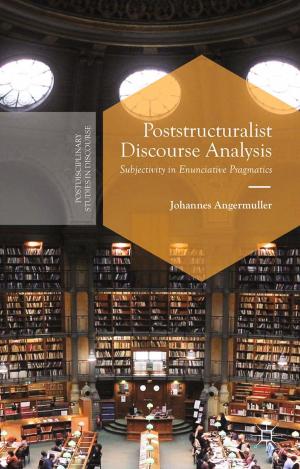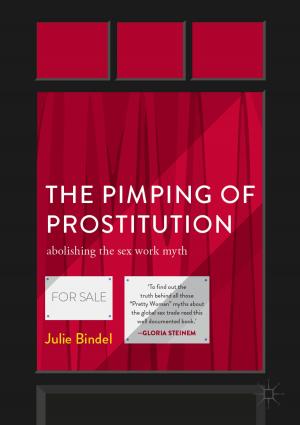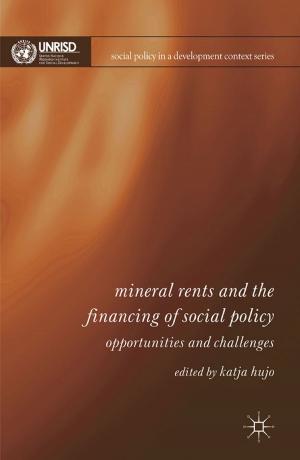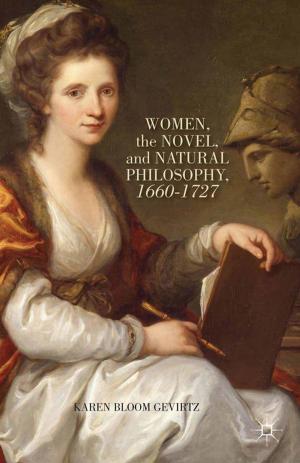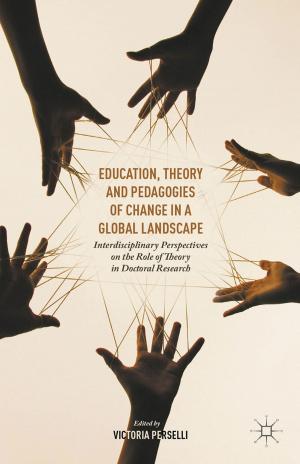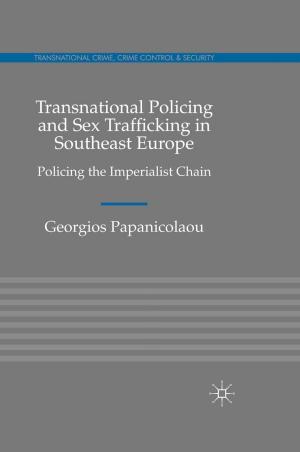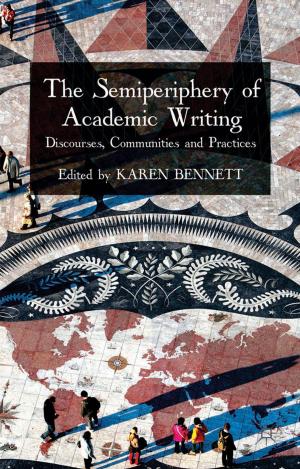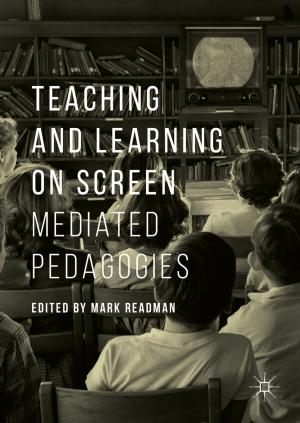Roland Barthes
Fiction & Literature, Literary Theory & Criticism, British, Nonfiction, Social & Cultural Studies, Social Science| Author: | Martin McQuillan | ISBN: | 9780230345140 |
| Publisher: | Palgrave Macmillan | Publication: | March 1, 2011 |
| Imprint: | Palgrave Macmillan | Language: | English |
| Author: | Martin McQuillan |
| ISBN: | 9780230345140 |
| Publisher: | Palgrave Macmillan |
| Publication: | March 1, 2011 |
| Imprint: | Palgrave Macmillan |
| Language: | English |
Roland Barthes was one of the most influential thinkers of the twentieth century, but why should the reader of today, or tomorrow, be concerned with him? Martin McQuillan provides a fresh perspective on Barthes, addressing his political and institutional inheritance and considering his work as the origins of a critical cultural studies.
This stimulating study:
• provides a biographical consideration of Barthes' writing
• offers an extended reading of his 1957 text Mythologies as a text for our own time, drawing Barthes' work into a historical relation to the present
• examines his connection to what we call cultural studies
• features an annotated bibliography of Barthes' published work.
Thought-provoking and insightful, Roland Barthes is essential reading for anyone who is interested in the writings of this key theorist and his continuing relevance in our post-9/11 world.
This stimulating study:
• provides a biographical consideration of Barthes' writing
• offers an extended reading of his 1957 text Mythologies as a text for our own time, drawing Barthes' work into a historical relation to the present
• examines his connection to what we call cultural studies
• features an annotated bibliography of Barthes' published work.
Thought-provoking and insightful, Roland Barthes is essential reading for anyone who is interested in the writings of this key theorist and his continuing relevance in our post-9/11 world.
Roland Barthes was one of the most influential thinkers of the twentieth century, but why should the reader of today, or tomorrow, be concerned with him? Martin McQuillan provides a fresh perspective on Barthes, addressing his political and institutional inheritance and considering his work as the origins of a critical cultural studies.
This stimulating study:
• provides a biographical consideration of Barthes' writing
• offers an extended reading of his 1957 text Mythologies as a text for our own time, drawing Barthes' work into a historical relation to the present
• examines his connection to what we call cultural studies
• features an annotated bibliography of Barthes' published work.
Thought-provoking and insightful, Roland Barthes is essential reading for anyone who is interested in the writings of this key theorist and his continuing relevance in our post-9/11 world.
This stimulating study:
• provides a biographical consideration of Barthes' writing
• offers an extended reading of his 1957 text Mythologies as a text for our own time, drawing Barthes' work into a historical relation to the present
• examines his connection to what we call cultural studies
• features an annotated bibliography of Barthes' published work.
Thought-provoking and insightful, Roland Barthes is essential reading for anyone who is interested in the writings of this key theorist and his continuing relevance in our post-9/11 world.
